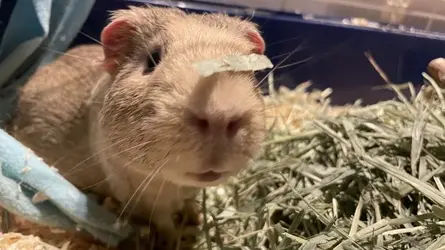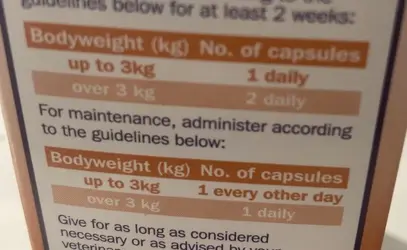Char.wilson
New Born Pup
Hi everyone,
I posted a while back about Dougie seeming to strain doing his business and I’m now looking to get some advice from more experienced owners about treatment for sterile cystitis.
He has been mildly straining to do his business maybe 2-3 times a day (not constant and no squeaks) and his urine has been darker (told it’s dye rather than blood). He was on Baytril and metacam for two weeks and improved (his urine pH went back to normal as did his protein levels). I was then told to take him off the meds and bring him back is he got worse.
So far his weight has been constant (phew) and his urine is looking slightly less dark but he seems to have stalled there in his recovery. He is still active and eating and drinking as normal but I’m starting to think it may be sterile cystitis which i have only recently found out about. As such I was hoping to get opinions on how long I should leave him to “recover” before taking him back to vets to suggest cystitis and what the treatment plans are ranging from mild to severe cases (I know it varies between piggies but hoping to find a baseline).
Any advice would be really appreciated as he is my first piggie and my absolute world so I want him to be as happy and healthy as possible.
P.S. I did also get him an ultrasound and X-rays about 3 weeks ago when problem started which all came back negative for stones. He has also had an extra sediment test since then which was negative.
I posted a while back about Dougie seeming to strain doing his business and I’m now looking to get some advice from more experienced owners about treatment for sterile cystitis.
He has been mildly straining to do his business maybe 2-3 times a day (not constant and no squeaks) and his urine has been darker (told it’s dye rather than blood). He was on Baytril and metacam for two weeks and improved (his urine pH went back to normal as did his protein levels). I was then told to take him off the meds and bring him back is he got worse.
So far his weight has been constant (phew) and his urine is looking slightly less dark but he seems to have stalled there in his recovery. He is still active and eating and drinking as normal but I’m starting to think it may be sterile cystitis which i have only recently found out about. As such I was hoping to get opinions on how long I should leave him to “recover” before taking him back to vets to suggest cystitis and what the treatment plans are ranging from mild to severe cases (I know it varies between piggies but hoping to find a baseline).
Any advice would be really appreciated as he is my first piggie and my absolute world so I want him to be as happy and healthy as possible.
P.S. I did also get him an ultrasound and X-rays about 3 weeks ago when problem started which all came back negative for stones. He has also had an extra sediment test since then which was negative.





